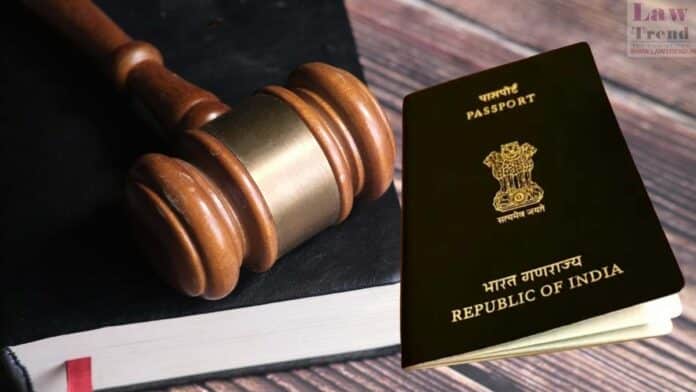The Rajasthan High Court has ruled that an adverse police verification report cannot, by itself, be grounds to deny an Indian citizen their legal right to a passport. Justice Anoop Kumar Dhand, presiding over the case Savitri Sharma vs Union of India & Ors. (S.B. Civil Writ Petition No. 2602/2024), directed the authorities to renew
To Read More Please Subscribe to VIP Membership for Unlimited Access to All the Articles, Download Available Copies of Judgments/Order, Acess to Central/State Bare Acts, Advertisement Free Content, Access to More than 4000 Legal Drafts( Readymade Editable Formats of Suits, Petitions, Writs, Legal Notices, Divorce Petitions, 138 Notices, Bail Applications etc.) in Hindi and English.




